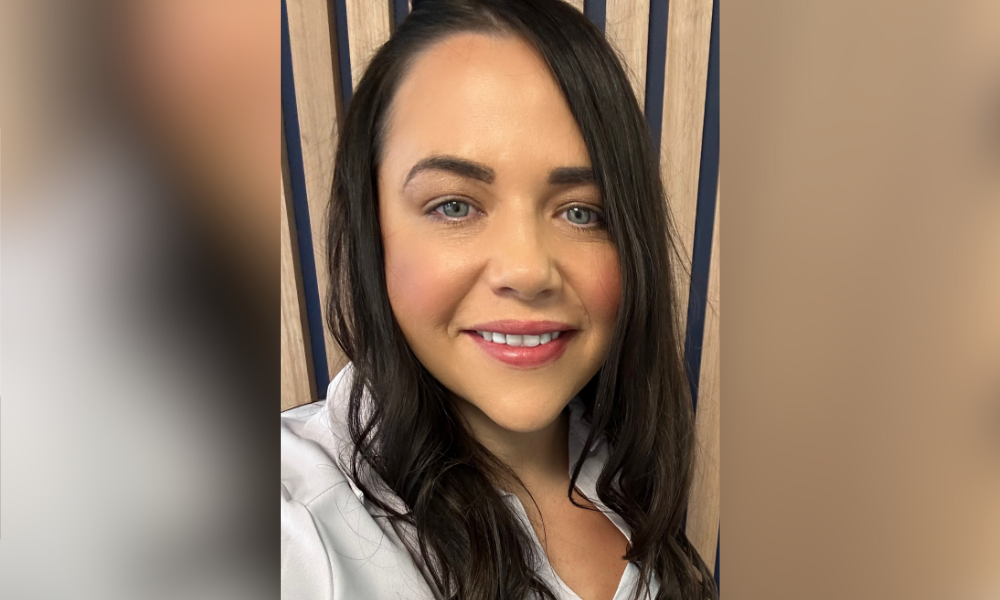A mortgage firm built on empathy and hard lessons is proving that non-standard borrowers don't need to settle for rejection

When Emma Jones founded "When The Bank Says No," it wasn't born of a business brainstorm or a market opportunity. It came from a Zoom call and a seizure. "My son was four months old," she said, "and he started to seize during a team meeting." What followed were emergency hospitalizations, a rare diagnosis, and a mother coming to terms with how quickly life can turn.
Jones was already running another company but realized she needed to build something that could sustain her family - and others like hers. "I thought, if he needs full-time care, what can I do that still helps people?" she said. "I wanted it to be educational, to support people when the banks won't."
More than adverse credit
At its core, "When The Bank Says No" is a brokerage for people turned away by high-street lenders. But its foundation runs deeper. "We don’t just ask how many defaults you've had," Jones said. "We ask: what's your story? What happened?"
Her approach is personal - and that’s by design. Jones recruits for empathy, not just experience. "I’ve seen the problems caused when advisors don't lead with empathy. It shows in how clients are treated." Her team now includes 25 advisors among 40 total staff, and the firm has reported significant revenue growth over the past year.
The company’s branding reflects its origins. "We have monsters on the website because of my son. I wanted something I could show him and say, 'This started with you.'"
The limits of automation
Jones believes a human touch is essential in complex lending. "Tech helps with admin, but it can't replace a conversation," she said. Many clients come to us after being declined by both banks and brokers. "We often hear: 'I missed a payment.' But we dig deeper - why? Was it a separation? A health crisis? That story matters."
The firm works closely with both specialist and high-street lenders willing to consider context. Virgin Money, for instance, approved a surgeon with multiple CCJs due to hospital parking fines after the case was reviewed with supporting evidence. "It's about knowing which lenders will listen," she said.
Not every client gets a mortgage on day one. The firm's internal motto is "If not now, then when?" Daily team calls focus on coaching clients toward readiness. One woman escaping domestic abuse worked with the firm for two years before she completed on a home.
This long-term approach is part of the business model. "Sometimes it's about saying, 'You need to clear this for six months,' and helping clients understand and work toward that."
What’s next in non-standard lending
Jones sees non-standard lending becoming more mainstream by 2026. She points to fintech innovation and increased focus on open banking, cash flow, and real-life spending behaviour. "Brokers who thrive will think like underwriters and act like educators," she says.
As lenders like Atom and Bluestone embrace automated but nuanced underwriting, she believes brokers must evolve, too. "Education is key. Brokers need to invest in tools and in themselves."
For Jones, it's about creating access. "Everybody should have the opportunity to own a home. It's on us to make sure they get that chance."



